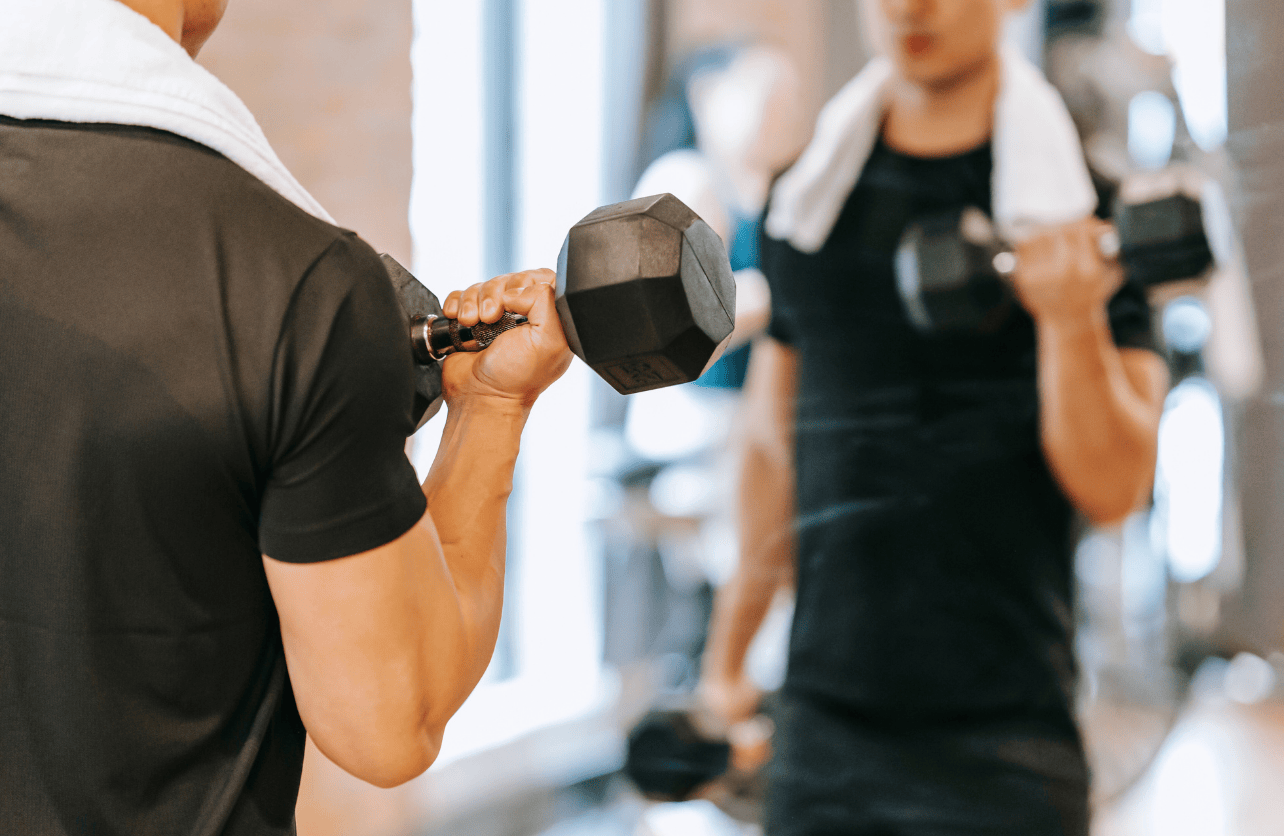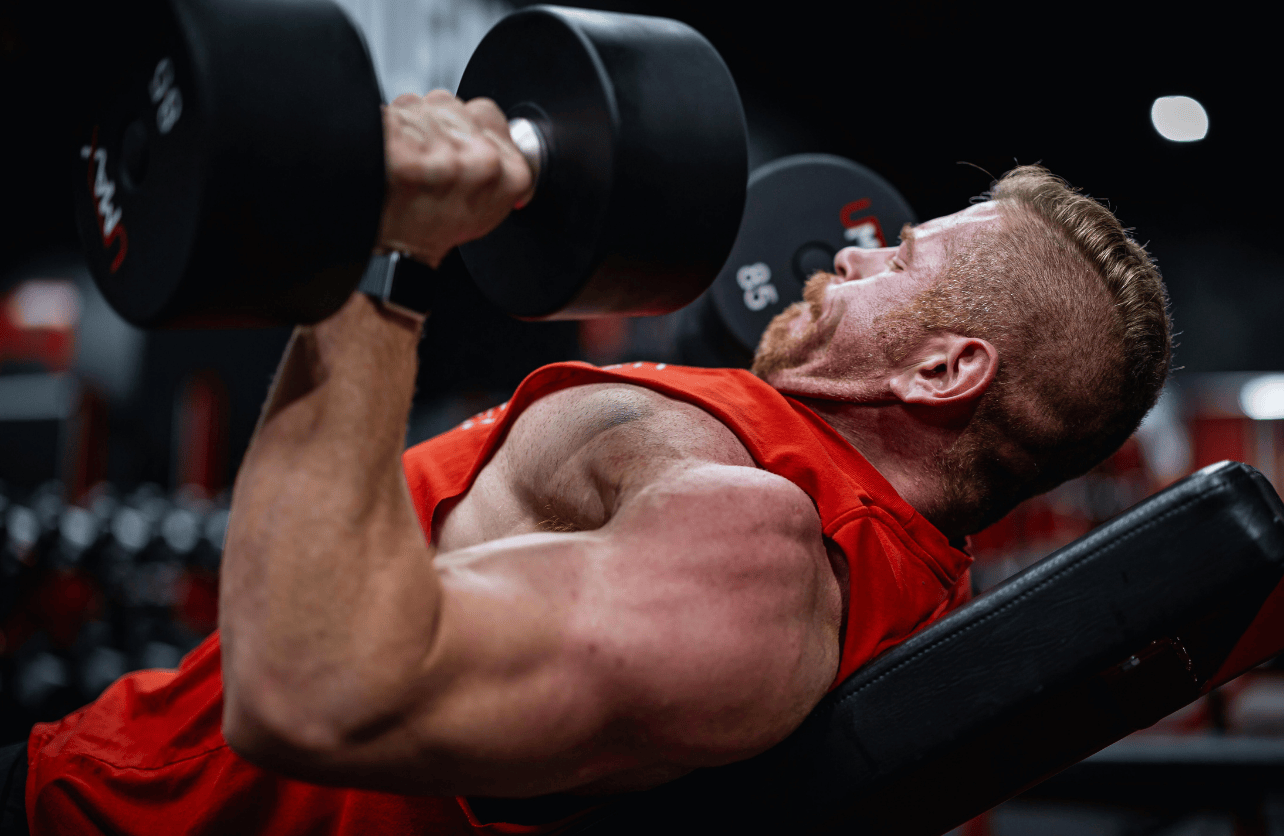Cheat Reps vs. Strict Reps: Which Approach Leads to Better Gains?

In any gym setting, there’s one debate that has persisted over the years—should you keep your form strict, or is there value in using a bit of momentum to squeeze out a few extra reps? Strict form has long been championed as the gold standard for building muscle safely. But the reality is, plenty of lifters, whether casually or deliberately, incorporate so-called “cheat reps” into their routines.
So, what’s actually better for gains: sticking to perfect form, or allowing a little looseness to push past failure? A recent study has added new insight into this discussion, and the results might surprise you.
What Are Cheat Reps and Strict Reps?
Before getting into the data, it’s helpful to define what we’re talking about. Strict reps focus on controlled, isolated movements. The lifter avoids using any momentum, ensuring the target muscles are doing nearly all of the work. For example, in a biceps curl, you’d stand upright without swinging your torso or using your shoulders to help move the weight.
Cheat reps, on the other hand, allow some looseness in form. That might involve swinging your torso, using your hips to generate momentum, or letting your elbows flare out to assist in moving the weight. The goal here isn’t sloppiness, but rather to help move heavier loads or extend the set when strict form would result in failure.
While cheat reps have often been seen as a shortcut or a way to “bypass” proper technique, some lifters argue that they can add value—particularly when it comes to overloading muscles or breaking through plateaus.
What Does the Research Say?
Up until recently, this debate had been fueled mostly by anecdotes and expert opinion. But a new study by Augustin et al. (2024) finally provided some data-driven insight.
In this 8-week study, 30 untrained young adults were recruited to compare strict reps and cheat reps head-to-head. Each participant performed biceps curls and triceps pushdowns, with one limb assigned to strict form and the other to momentum-assisted reps. Both exercises were performed twice weekly, 4 sets of 8-12 reps, taken to momentary muscular failure.
To measure muscle growth, researchers used ultrasound to assess changes in muscle thickness and employed a 3D scanner to track arm circumference. The results? Surprisingly, they found no significant differences in hypertrophy between the strict and cheat conditions. Muscle thickness increased similarly in both the strict and cheat limbs, at both the proximal and distal sites of the elbow flexors and extensors.
One key point to highlight is that despite the cheat condition producing nearly double the total volume load—since participants could lift heavier weights with momentum—it didn’t translate into greater muscle growth.
What Can We Learn from This?

While these results challenge some long-standing beliefs, it’s important to interpret them in context.
Strict Reps Are Still Effective (and Safer). If you’re focused on maintaining control, minimizing injury risk, and ensuring optimal engagement of the target muscles, strict reps remain an excellent approach. The study confirmed that muscle growth occurs just fine when using strict form.
Cheat Reps Don’t Harm Gains (But Don’t Expect Extra Muscle). The fear that cheat reps will diminish hypertrophy isn’t supported by this study. Momentum-assisted reps allowed participants to handle heavier loads, yet muscle growth was on par with strict reps. This suggests that using a little body movement won’t sabotage your progress—though it doesn’t give you an edge either.
Volume Alone Isn’t the Key. Simply moving more weight, especially if much of that movement relies on momentum, doesn’t necessarily stimulate more muscle growth. Quality of reps still matters.
Limitations to Consider
It’s worth pointing out that the study participants were untrained individuals. Beginners typically respond well to almost any training stimulus, which may mask subtle differences in effectiveness. Advanced lifters, who adapt differently to training, might experience different outcomes. More research is needed to understand how cheat reps affect long-term progress in well-trained athletes.
Additionally, while muscle growth was the primary focus of the study, injury risk wasn’t directly assessed. Cheat reps, particularly if done recklessly or with very heavy loads, could pose increased risk to joints, tendons, and connective tissues over time.
So, Should You Cheat or Keep It Strict?
The takeaway here is refreshingly straightforward: both approaches can work. If you prefer strict form, stick with it—you’re not leaving gains on the table. If you occasionally loosen up your form to push out a few extra reps, you’re not hurting your hypertrophy potential.
That said, it’s still wise to prioritize control and proper technique most of the time. Cheat reps can be a useful tool for breaking plateaus or finishing a set, but they should be used sparingly and with an understanding of the potential risks.
In the end, muscle growth appears to come down more to training to failure consistently rather than the exact route you take to get there.
Trustworthy Insights for You
With years of combined expertise in online publishing, OvertimeReviews embodies the lessons learned from SEO strategies to paid advertising experiences. We've navigated the highs and lows, and our goal remains clear: to equip readers with comprehensive information they can trust.
